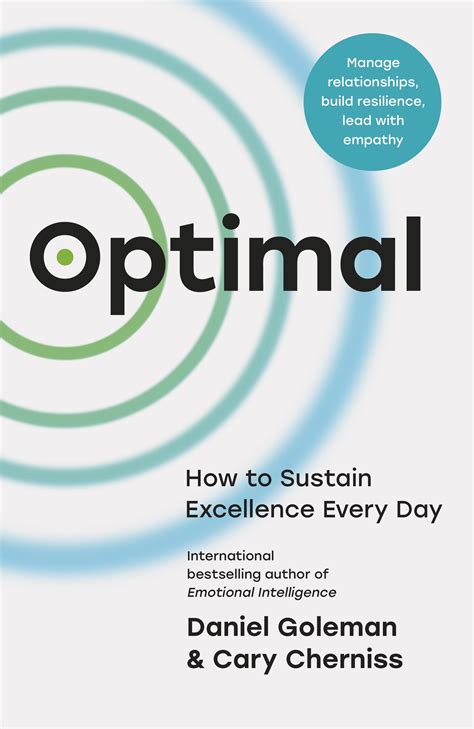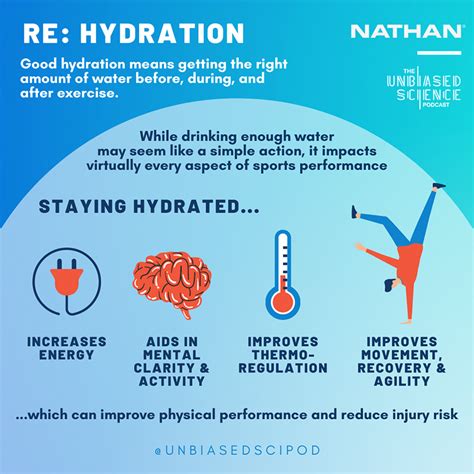Optimal post-workout recovery to accelerate muscle growth & next-day peak performance?

Why Post-Workout Recovery is Your Secret Weapon
Many athletes and fitness enthusiasts meticulously plan their workouts, tracking sets, reps, and personal bests. However, the true magic of muscle growth and performance enhancement doesn’t just happen during the sweat and strain; it’s forged in the often-overlooked hours that follow. Optimal post-workout recovery isn’t merely about feeling less sore; it’s a strategic process that repairs muscle tissue, replenishes energy stores, and prepares your body for future challenges, directly impacting your ability to build strength, size, and achieve peak performance day after day.
Ignoring recovery is akin to driving a high-performance car without ever changing the oil – eventually, it will break down. Prioritizing intelligent recovery protocols allows your body to adapt, rebuild stronger, and push limits more consistently. Let’s delve into the pillars of an effective recovery strategy.
The Golden Window: Immediate Post-Workout Nutrition
The first crucial step in recovery begins almost immediately after your final rep. Your muscles are depleted of glycogen (their primary energy source) and have undergone microscopic tears. This is where strategic nutrition plays a pivotal role. Consuming a combination of fast-acting carbohydrates and high-quality protein within 30-60 minutes post-workout is critical.
Carbohydrates help to replenish glycogen stores, providing the energy your body needs to kickstart recovery processes. Protein, specifically rich in essential amino acids, provides the building blocks for muscle repair and synthesis, effectively turning off catabolism (muscle breakdown) and initiating anabolism (muscle growth). Aim for a ratio of approximately 2:1 or 3:1 carbs to protein, depending on the intensity and duration of your workout.

The Unsung Hero: Quality Sleep for Muscle Growth
While nutrition fuels recovery, sleep is where the most profound restorative processes occur. During deep sleep, your body releases human growth hormone (HGH), which is vital for tissue repair, muscle growth, and fat metabolism. Lack of adequate sleep can significantly impair these processes, leading to decreased performance, increased injury risk, and a slower rate of muscle adaptation.
Aim for 7-9 hours of quality, uninterrupted sleep per night. Establish a consistent sleep schedule, create a dark, quiet, and cool sleep environment, and avoid screens before bed. Prioritizing sleep is not a luxury; it’s a non-negotiable component of any serious fitness regimen.

Active Recovery & Mobility: Beyond Just Rest
While complete rest days are important, incorporating active recovery and mobility work can significantly accelerate the healing process and enhance flexibility. Light activities like walking, cycling at a low intensity, or swimming can increase blood flow to muscles, helping to flush out metabolic byproducts and deliver nutrients without adding significant stress.
Mobility work, including stretching, foam rolling, and dynamic movements, can improve range of motion, reduce muscle stiffness, and prevent the formation of adhesions. This helps mitigate delayed onset muscle soreness (DOMS) and prepares your muscles for optimal function in subsequent workouts. Consider a dedicated 10-15 minute session of foam rolling or stretching on rest days or post-workout.

Hydration and Electrolyte Balance: The Foundation
Often overlooked, adequate hydration is fundamental to every bodily function, including muscle repair and nutrient transport. Even mild dehydration can impair performance, reduce energy levels, and slow down recovery. Water makes up a significant portion of muscle tissue and is essential for metabolic reactions.
Beyond plain water, replenishing electrolytes lost through sweat – such as sodium, potassium, and magnesium – is crucial, especially after intense or prolonged training sessions. These minerals are vital for nerve function, muscle contractions, and maintaining fluid balance. Keep a water bottle handy throughout the day and consider electrolyte-rich drinks or foods, particularly after heavy sweating.

Stress Management & Consistency: The Long Game
Chronic stress, whether physical or psychological, elevates cortisol levels, a hormone that can promote muscle breakdown and hinder recovery. Incorporating stress-reducing practices like meditation, deep breathing exercises, or simply engaging in enjoyable hobbies can significantly improve your recovery capacity. A relaxed mind supports a relaxed body, which is more conducive to healing and growth.
Ultimately, optimal recovery isn’t about implementing one strategy perfectly, but consistently integrating all these elements into your lifestyle. It’s about listening to your body, making informed choices, and understanding that what you do outside the gym is just as important as what you do inside it. Consistency in your recovery habits will yield compound benefits, leading to accelerated muscle growth, superior next-day performance, and a more resilient, healthier body.








